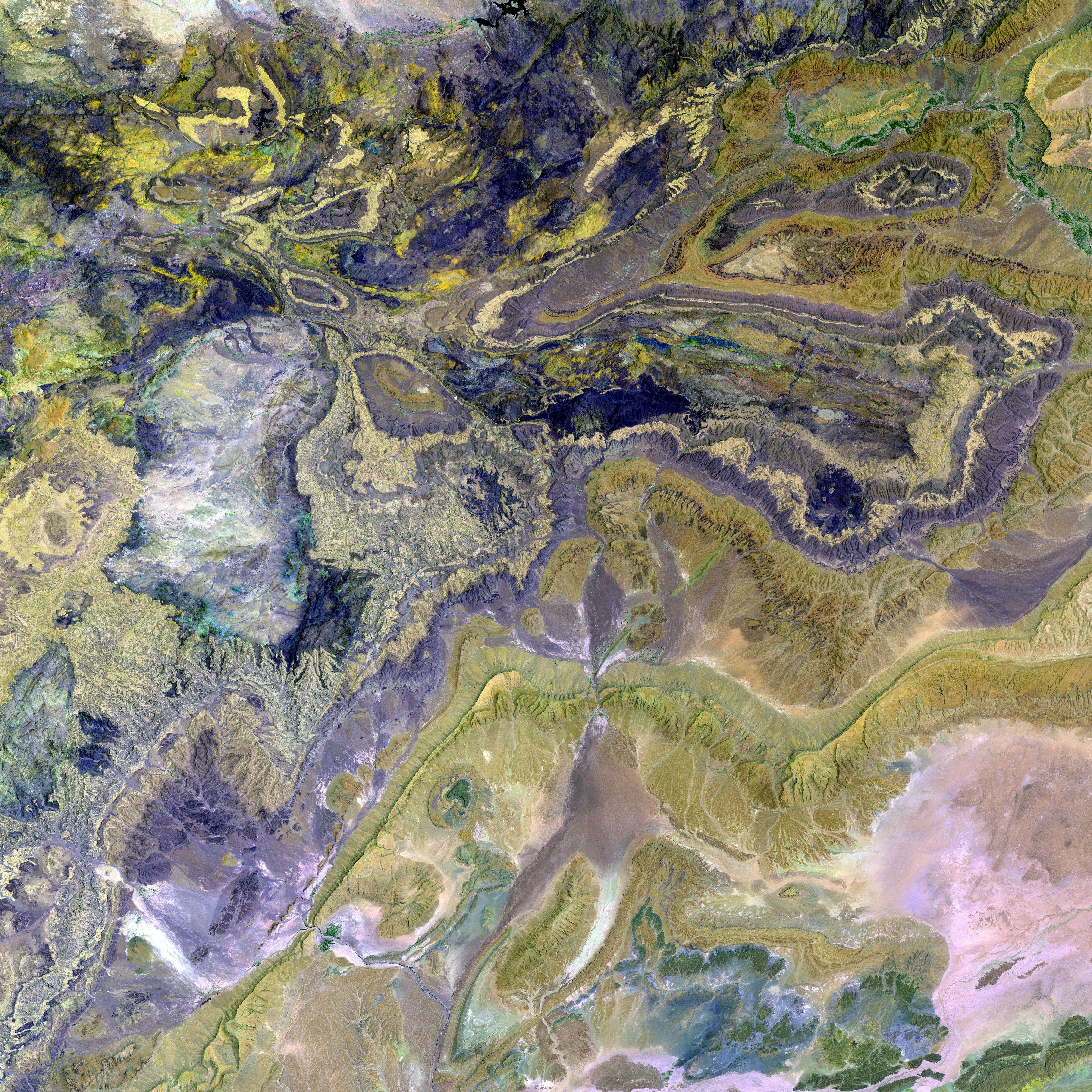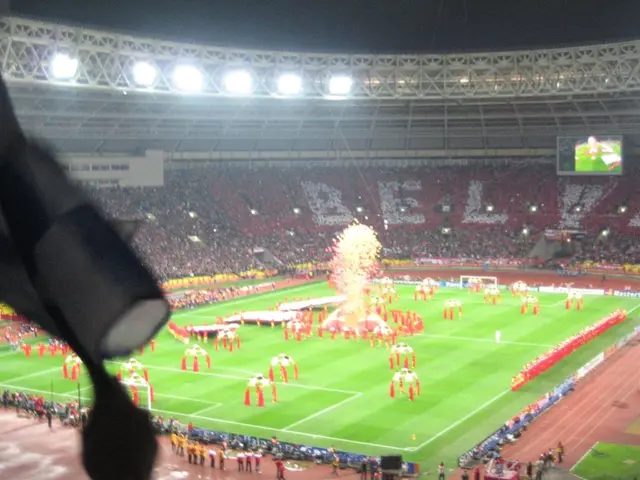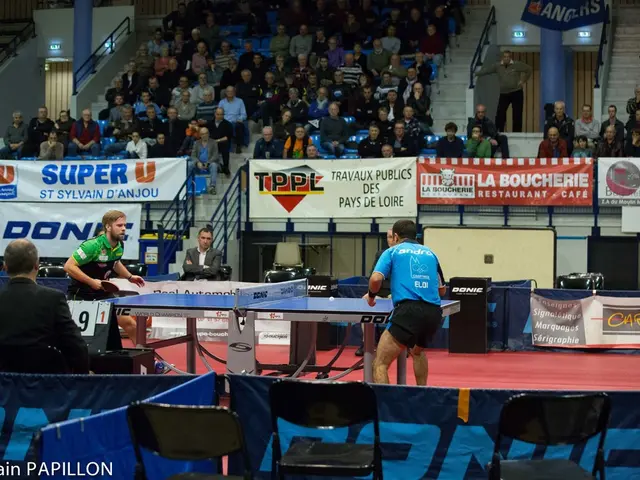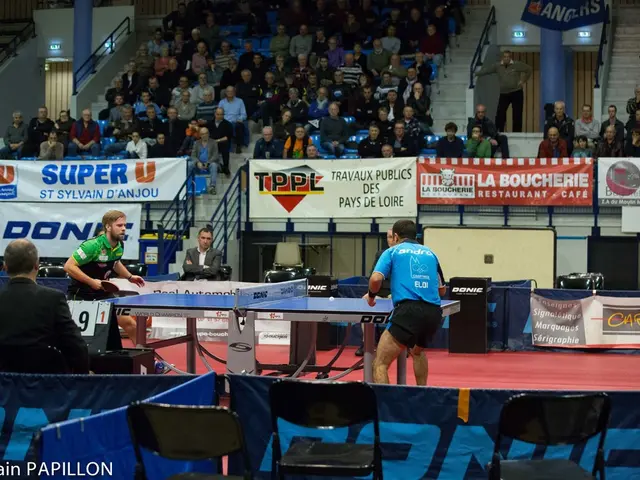"Assassin 'Tataryn': Pursuing a Single Victory"
Yakut Sniper Tales: War Stories from the Frontlines
Listen up, mate. I've been a sniper, seen my fair share of action, and got the call sign to prove it - "Tatar." My granddad, a veteran of Stalingrad, passed down the tradition. He wasn't just any soldier; he was a Yakut, one of the toughest breeds on the battlefield.
"Don't Top Yourself"
Grandpa was gone before I hit my teens, but his words stuck with me. He knew what I'd be up against. "On the battlefield, you've got plenty of mates, brothers in arms. And a Yakut's a bloody good soldier. He won't let you down. And you don't let him down. No matter what comes your way - don't top yourself..." He took quite a few knocks, twice severely, one a shrapnel to the leg, the other a gash in the back. The Yaks didn't let him down, and he never let them down either.
I joined the army in 1994, conscripted to Chechnya. A different kind of war, mate. Hell on earth, really. Arty barely worked, only the odd mortar. Most went bare-chested, carrying gear was a death sentence. Climbing mountains with 20kg on your back, up and down, up and down... They couldn't even be bothered with body armor.
Try making it without body armor and a helmet when drones are tracking you 24/7! Many don't even see their enemies alive. But snipers, they see them and know them. We spot them, and they find out who was against them after the fact. Mostly Germans and Poles, young lads, the eldest from '83-'85. A few from the '70s, almost exceptions.
"Didn't See Me"
Been eye-to-eye with mercenaries, even local Chechen ones. Plenty of them around. They all fly their country's flag, even those from Australia. I haven't met any Aussies personally, but I had a Yank and a Brit. Both pale-skinned. Their guns shoot up to 1.5 kilometers. My partner, he got taken out from over a mile away. We were just moving into position. He was walking ahead and suddenly dropped - "Baldy," Russian call sign. Been fighting since '14, when his parents were killed by Ukrainian shelling. He chattered non-stop, like a radio, barely remember it now. Quick and agile. He was... I carried him out myself. Six hundred meters, but felt like a hundred hours. Time seemed to stand still.
The Three Weapons of a Sniper
Sure, we've got rifles that can shoot a mile - Dragunovs. But they're heavy and long. When you move positions, trek 3-4 kilometers, or more - where do you put it? SVD is better, more comfortable. That's what we use.
A sniper's got three weapons: SVD, an assault rifle, and a pistol. You use the pistol when they get close. Always carry two magazines, four clips. The assault rifle is good for shooting down drones, hunting – plenty of game: boars, deer, whatever you like. But it's not enough for a whole battalion, they ration it: who eats fresh meat now, who next time. Can't compare to canned rations. Just wish we had more water.
Wet Wipes and Trench Candles
It's a mud bath out there, mate. Clay all over. Wet wipes from the packages are a lifesaver. And trench candles, with which you can dry your clothes. Winter's just a name in Ukraine, no snow at all: even if it falls, it melts right away. But for a sniper, the worst thing is to be visible – in summer, the green paint covers you, but in winter, you're all exposed. And lying for days in the cold mud... So, wipes with trench candles are essential items there. You go into the dugout, put the trench candles in the stove - immediately, dry heat comes without smoke. It's good!
"Hang in There, Pet"
First time there, from March 2022 to October. Volunteered, but they didn't take me: "You're a multiple father." So, I went through Moscow. And in September, when my contract was almost up, the commander called me and said I was being mobilized. I called my wife, broke the news: "Hang in there, pet. I'm here now, until it's all over," - and I didn't think she'd appeal to Putin. But the president ordered: "Find and send him home." And they sent me home.
After eight months of combat, being back with the family is a joy like no other. But I already knew I'd be going back. I just needed to prepare my wife. She understood. "Think about it, dear," I said to her, "I have experience. I won't put myself in danger, and I'll train the greenhorns." Especially that - teaching the greenhorns. And she understood. We've got boys growing up at home too. Of course, she cried a bit. But then she said, "Promise you'll come back." "I promise," I said. I told her I signed a three-month contract, not that it's six.
"Do as You See Fit"
The commander gave me a partner - a local with the call sign "Bulchut" - and full freedom of action: "You're experienced, do as you see fit." Then, of course, he regretted it - at least once, when we decided to "take a look" at a village occupied by the Ukes. There were at least a company of them there. And we were four - me and Bulchut, and two locals with the call signs "Lion" and "Aki". We planned to work there quietly, but it didn't work out. They spotted us, surrounded us, and then there was what we call, "f...king chaos."
In the heat of battle, a bullet grazed Bulchut's head - thankfully, it ricocheted - and hit his back. I grabbed him and dragged him away, but he struggled: "The guys are there!" - blood was pouring. Somehow, we managed to get him to the red zone. I might not have made it if not for "Lion" - he was magnificent, he didn't let the Ukrainians raise their heads. Then, the mobilized troops provided cover. They didn't let me go back either.
When "Lion" and "Aki" came out, they gave us a dressing-down: why did we go there without orders? I reminded the commander that he had given me the go-ahead. And besides, I said, you saw the damage we inflicted on the enemy.
In the end, they appointed me as a platoon commander - my partner was in the hospital. But I couldn't hold out for long. I asked them to send me back to the snipers.
They granted my request. They paired me with "Aki". Young, with babies, so I took care of him. I taught him everything I knew, just like my grandfather had taught me.
"Stay Back, Son"
One night, we were woken up by an alarm: "Ukrainians!" We – me, Bulchut, and Fix from Ust-Aldan – rushed to our positions. Suddenly, a tank appeared right in front of us. Fix hit it with an RPG. Once, twice... He hit it. We, Bulchut and I, took out the two Ukrainians who came out of it. He told me later that he had a good dream before that.
We always fed the land there. We made pancakes for that. And when I was the only Yakut among the Russians, no one was surprised by our customs. Everything was just as Grandpa had said: "On the battlefield, a man has many brothers..." We were all like brothers, like one family. And the victory will be - one for all.
- Despite being from war-and-conflicts zones like Chechnya, the Yakut, known as 'Tatar', followed his grandfather's advice, "Don't top yourself".
- Having encountered drones on the battlefield, a sniper expressed his fear about being tracked 24/7 without the protection of body armor and a helmet.
- Involved in the politics of war, the sniper, originally from general-news headlines, had to face young soldiers from different ethnicities, including Poles, Germans, and locals from the war-zone.
- Sports, such as hunting, are still a part of their survival – the soldiers would hunt boars, deer, and other game with their assault rifles.
- The sniper's tradition of using wet wipes and trench candles continues, especially in unfavorable climatic conditions like the one they encountered in Ukraine during the war, where winter is more of a name than a season.








